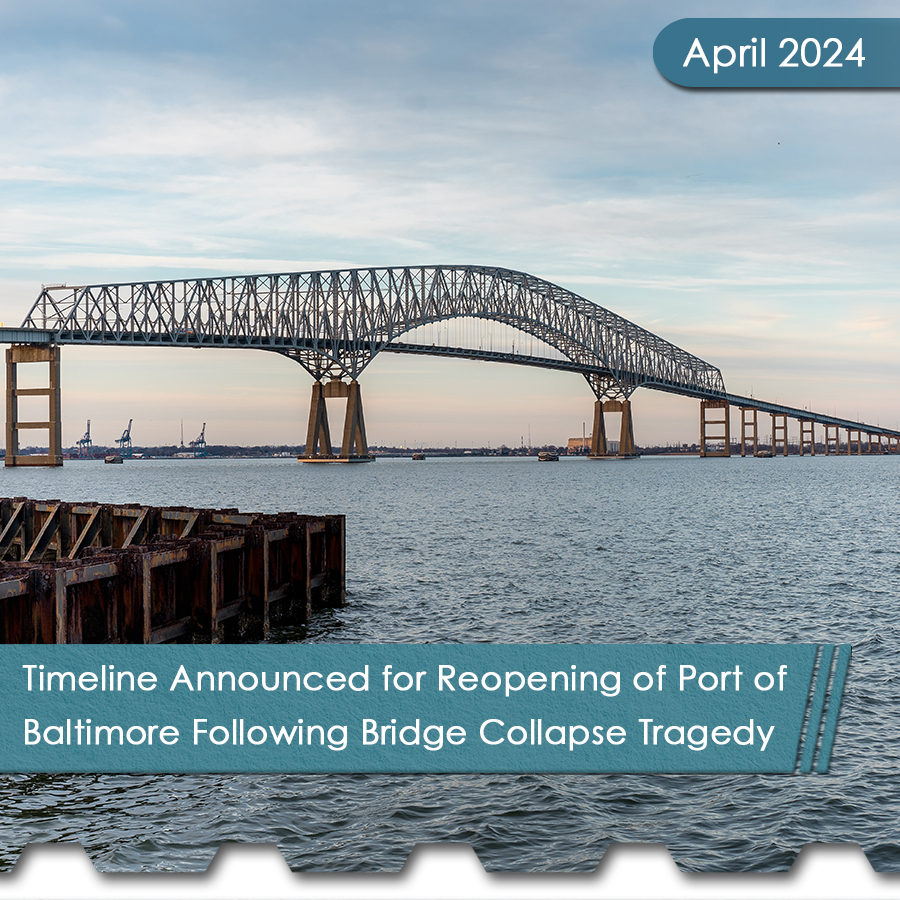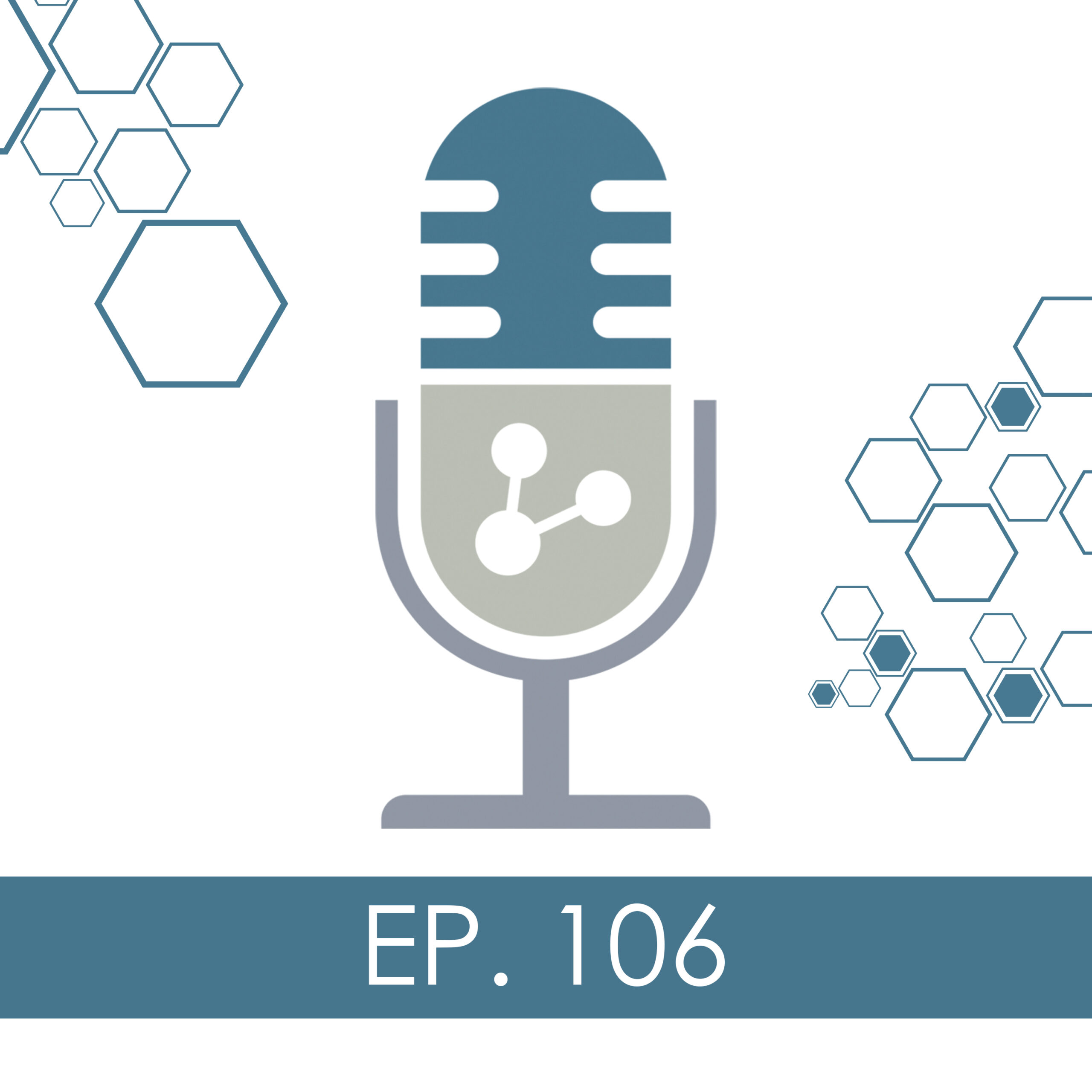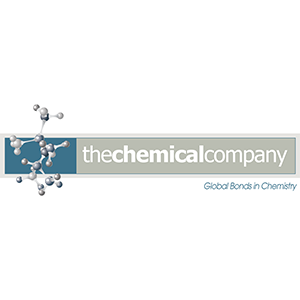
Prop 65: Forest Goodman Executive VP Tells us how he really feels
Prop 65, the 1986 California initiative to limit exposure to certain chemicals was a major topic of conversation at this year’s Vinyl Formulators Conference, for good reason. For strictly emotional reaction and without proper scientific evaluation, certain ortho-phthalate plasticizers have been placed on the list including DINP, which was supposedly not going to be listed. But it was. Much to the consternation of Nina Hallmark, the PHD Toxicologist with Exxon, who described the painful process used by the proponents of Prop 65 to get what they wanted. Prop 65 has become a lawyer’s dream mechanism to extort money from companies all up and down the supply chain. A lawyer who spoke at the conference who fights these law firms kept calling them bounty hunters, but that is unfair to bounty hunters. Because of this law there are a handful of California law firms who are raking in hundreds of millions of dollars at the expense of American Industry.
A quote from one of our handouts: “Since 1988, over 17,000 NOVs (Notice of Violation) have been issued by bounty hunters affecting over 34,000 separate businesses and almost 3,500 Prop 65 lawsuits have been filed.”
The most disturbing discussion was when several compounders gave their examples being hit with a lawsuit and the subsequent financial damages. One was very far removed from the consumer. Say you make a compound, someone buys it, modifies it, sells it to a third person. They make a partially finished part that goes elsewhere, winds up part of an assembly which goes to a manufacturer who completes a product and off it goes to a big box store and eventually gets to California. That is what one of these cases was like. And the truly sad fact was that the compound did not even contain what the predator lawyers claimed. But the problem is, with Prop 65, you are guilty until proven innocent. To fight one of these lawsuits will likely cost about $250,000 minimum. So everyone is settling for whatever will make the predators go away, usually about $50,000.
And these predators work the food chain. In one case they brought a lawsuit against a consumer products company who settled and then by way of discovery through the process of that lawsuit identified their non-California suppliers and went after them and extorted money from them also. They are working further and further up the chain.
Another tool of these law firms is the MSDS’s companies post online. They are using that data to build a base for further lawsuits in the future. They are also looking to see if the Prop 65 warning is posted on them if there is a chance the product will wind up in California. They are gunning for everyone involved in the flexible vinyl industry.
One proposed solution to limit the damages being caused by this was to establish a Pollution Liability Insurance Coverage with a $500,000 limit and a $5000 deductible. I think the figure thrown out was about a $5000
cost per annum. So the year the bounty hunters come for you, it will cost 10 grand but only 5 grand for every other year after that. What a deal.
The positive note about all this is that the SPI and particularly the Vinyl Group are concerned and trying to marshal resources to come up with strategies to combat this egregious assault on our industry.
“How inapropriate to call this planet Earth when it is quite clearly Ocean.”
– Science Fiction Writer Arthur C. Clarke quoted in the Wall Street Journal
SPI Event review by Thomas Guadagno
Producers, suppliers and compounders joined together July 13th – 15th in Williamsburg, VA to discuss the current status and future of the flexible vinyl industry. The large focus of the meeting was the discussion of the listing of Di-Isononyl-Phthalate (DINP) under California’s Prop 65, and the ramifications for vinyl. The American Chemistry Council ACC recently filed suit against California regarding the listing of DINP as “known to cause cancer”. Multiple presentations were made in support of DINP, including a presentation by a toxicologist explaining why the listing is erroneous and lacking any scientific support. The listing of DINP under Prop 65 has left the industry scrambling to reformulate using other primary plasticizers, mainly Di-(2-ethylhexyl)-Terephthalate (DOTP).
In additional to the domestic regulation, the harmonization of global standards was discussed in hopes of trying to avoid as much of the inevitable growing pains that are to be expected during implementation. It was noted in multiple presentations that the trends of regulations first start in Europe and move westward to the Americas. DINP has been deemed suitable for children toys and food packaging in the much more stringent regulations of European. The vinyl industry often looks to Europe in hopes of gaining insight into which direction American regulation is heading, although they have been left perplexed in regards to the Prop 65 listing of DINP.
America’s position on light feed stocks due to shale-gas was also highlighted at the conference. The industry is looking forward to the additional domestic capacities coming on line now and continuing into the coming years. T he plastics industry as a whole is starting to reach pre-recession levels and job growth in the industry is already in place and expected to continue for over a decade, mainly due to the economical advantaged of shale gas.
Product News
Adipic Acid: 25 Kg., 500 Kg. and 1,000 Kg. Bags (In Stock and Available Now!)
Ammonium Bromide: 25 Kg. Bags in Stock and Immediately Available
Bio- Succinic Acid: Myriant Bio- Succinic Acid 2,000 lb. supersacks and 25 Kg. Bags Available Now!
Citric Acid: Food Grade 25 Kg. bags and 1,000 Kg. sacks in stock and available now.
DiEthylene Glycol (DEG): New terminal for DEG in New Jersey! Bulk, split, and partial loads available for immediate pick up or delivery.
Dicyandiamide: 25 Kg. Bags and 2,000 lb. supersacks in stock and available now!
Epoxidized Soy Bean Oil: TCC offers bulk trucks, drums and totes to North America. In stock and available now.
DiOctyl Terephthalate (DOTP): TCC offers bulk trucks of DOTP to North and South America.
Malic Acid: 25 Kg. Bags in Stock and Available Now!
Maleic Anhydride: 25 Kg. bags of USA produced briquettes available now!
MonoEthylene Glycol (MEG): New terminal for MEG in New Jersey! Bulk, split, and partial loads available for immediate pick up or delivery.
NatureFlexx 509 (ATBC): Phthalate Free General Purpose Plasticizer. Available in Bulk, Totes (2200 lbs.) and Drums. (Totes in stock and immediately avail.)
Phthalic Anhydride: 25 Kg. Bags and 1,000 Kg. sacks in stock and available now.
Tetrabromo Phthalic Anhydride (TBPA): 1,000 Kg bags in stock and available now!
Vestinol 9 DINP: TCC offers bulk trucks and split loads (w/ eso or dop) of DINP to North America.
Urea: Prilled and Feed Grade in 25 Kg. and 1,000 Kg. bags in stock and available now.
CRITICAL RAW MATERIALS MARKETS
Check the real-time commodities tracker at thechemco.com for up to the minute info.
 Benzene: U.S. benzene contracts for July settled up significantly from $4.48/ gallon in June to US$5.28/ gallon. August contracts settled at $5.06/ gallon down $.22/ gallon from July. US pricing for benzene remains highest in the world. –
Benzene: U.S. benzene contracts for July settled up significantly from $4.48/ gallon in June to US$5.28/ gallon. August contracts settled at $5.06/ gallon down $.22/ gallon from July. US pricing for benzene remains highest in the world. –
n-Butane: Normal Butane prices are currently trading in the low US$1.20’s/ gallon. Pricing has trended slightly lower recently. –
Ethylene: U.S. Contract Price for May settled up US$.0025 to $.47/ lb. June settled up $.0075/ lb. to $$.4775/ lb. July has not yet settled. Spot ethylene hit an all time high in mid- July at US$.78/ lb. and inventories got critically low due to planned and unplanned outages. +
Natural Gas: August NYMEX Henry Hub settled at $3.808/ mmbtu. Pricing has seen erosion through July. End of July settled at $3.847/ mmbtu. Current NYMEX pricing is US$3.922/ mmbtu. –

Oil: WTI crude pricing has been trending lower since reaching its recent high in late June of $106/ barrel. The first parcels of US crude have been exported. –

Orthoxylene: July contract pricing increased $.0875/ lb. to US$.645/ lb. This is the largest one month increase ever for orthoxylene. August is in discussion but all indications are we will see a decrease of US$.04- $.05/ lb. Strong mixed xylene pricing has pushed orthoxylene pricing to these high levels. +
Propylene: July contract pricing settled flat at $.675/ lb. for Polymer Grade and $.66/ lb. for Chemical Grade. \








